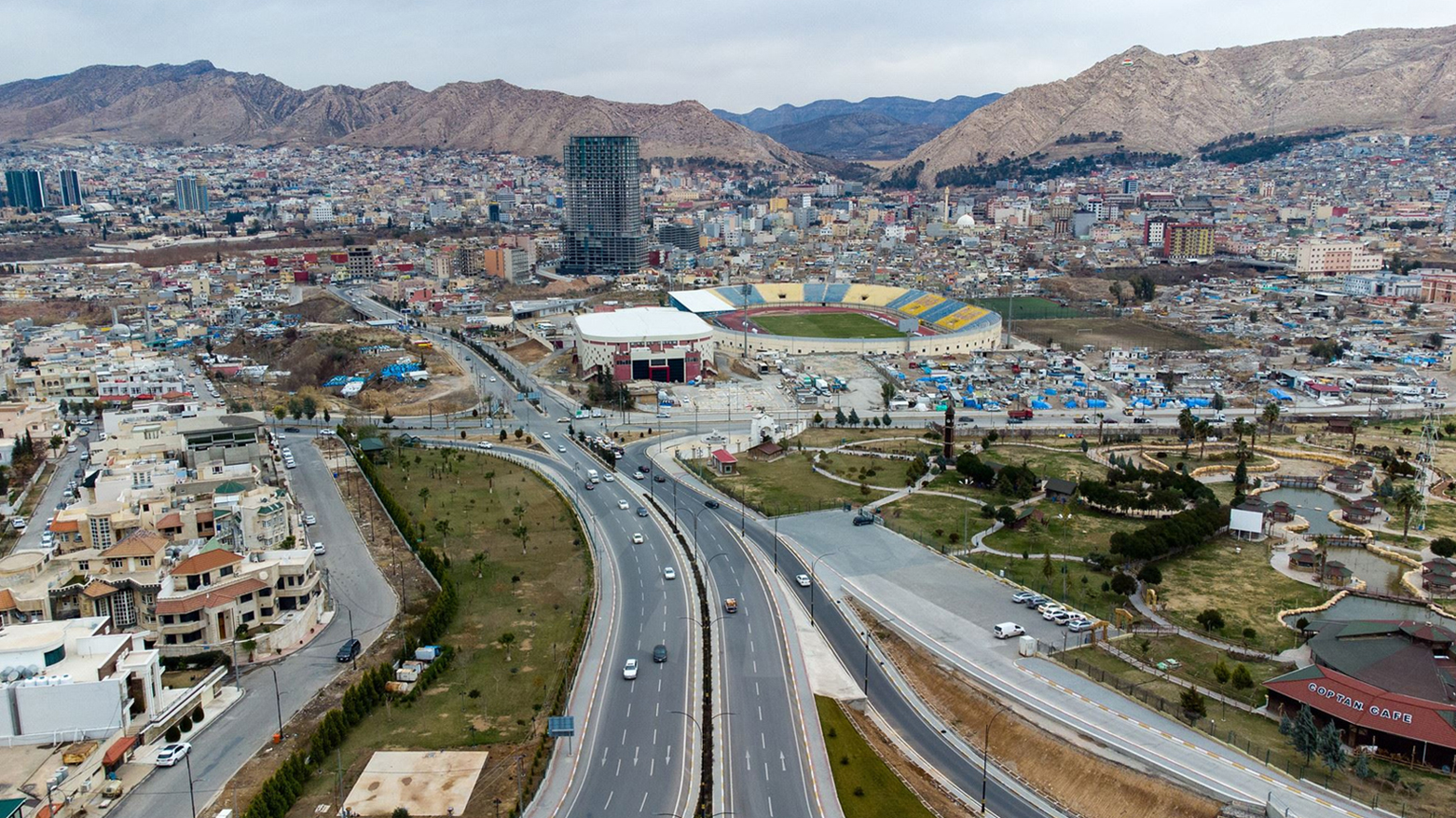Duhok Bids Farewell to Generators as 'Runaki' Project Delivers 24/7 Power
Duhok citizens now enjoy 24/7 electricity via the KRG's 'Runaki' project, ending decades of generator reliance. The initiative has shut down 310 generators in the city, cutting costs and pollution, with full urban coverage in the KRI expected by late 2025.

ERBIL (Kurdistan24) – In a transformative development that is reshaping daily life, the city of Duhok has made a historic leap forward in its electricity supply, as the "Runaki" project provides round-the-clock power to a growing number of neighborhoods, allowing tens of thousands of citizens to finally silence the disruptive noise and escape the exorbitant costs of private generators for the first time in decades.
The tangible impact of this ambitious Kurdistan Regional Government (KRG) initiative is being felt deeply in homes across the city. In the "Masik" neighborhood, citizen Bazian Bamerni expressed his profound joy at witnessing the realization of a dream he had awaited for 34 years.
"Previously, the situation was extremely difficult," he told Kurdistan24's correspondent Bewar Hilmi. "The rent was high, and the generators disturbed us and cost us a lot; even our sleep wasn't peaceful. Now, everything has changed for the better. We finally have permanent electricity, and we can do our household chores with ease. We had been waiting for this day for many years, and thank God, our dream has come true."
Bamerni's experience is now shared by a significant portion of the city's population. With the recent implementation of the project's fourth phase, an additional 14 neighborhoods and 10 residential complexes have been supplied with uninterrupted electricity. This phase alone has resulted in 124 privately-owned generators ceasing operation, contributing to a quieter and cleaner urban environment.
Hazim Mohammed, the Deputy Director General of Electricity in Duhok, confirmed the project's substantial progress in an interview with Kurdistan24.
"The number of neighborhoods covered by the project so far has reached about 30, encompassing approximately 81,000 electricity subscribers," Mohammed stated. "The number of generators that have stopped since the project began is now 310."
He outlined the project's forward-looking goals for the city, noting, "The project is still continuing according to the plan and will eventually cover between 60 to 70% of Duhok's city center. We hope that by the beginning of next year, the coverage will be complete and everyone will benefit from continuous electricity." Local officials have also reported that the project's completion rate within the city center has now reached 68%.
Sources indicate that about 168,000 citizens in Duhok are now enjoying the benefits of round-the-clock electricity, a change that has significantly improved environmental quality by reducing pollution and noise.
The success in Duhok is a key part of a broader, region-wide strategy. The "Runaki" project, launched by Prime Minister Masrour Barzani in October 2024, aims to provide 24/7, affordable, and cleaner electricity to every household and commercial establishment in the Kurdistan Region by the end of 2026.
According to the KRG's Ministry of Electricity, the initiative is already having a massive impact, with over 2.7 million people—representing roughly 40% of the Region’s population—now benefiting from uninterrupted power. Cities like Erbil, Sulaimani, and Duhok have seen the most rapid transitions. One of the project's major achievements has been the shutdown of more than 2,517 neighborhood diesel generators across the region to date, with a goal to decommission over 7,000 by the end of 2026.
In addition to expanding access, the government has introduced a progressive tariff system designed to protect low-income households while encouraging responsible energy use. Under this new scheme, a reported 80% of subscribers are now paying less than they previously spent on the combined costs of private generators and national grid electricity.
As the remaining phases are completed, project officials state that Duhok is on track to become the first major city in the region to provide permanent electricity to most of its residents. The initiative has been widely welcomed by citizens, who hope the successful experience will be replicated in other cities across Kurdistan, marking one of the region’s most ambitious infrastructure milestones in decades. By the end of 2025, all major urban centers in the Kurdistan Region, including Halabja, are expected to be fully integrated into the Runaki system.
Kurdistan24's correspondent from Duhok Bewar Hilmi contribued to this report.
